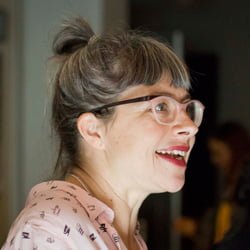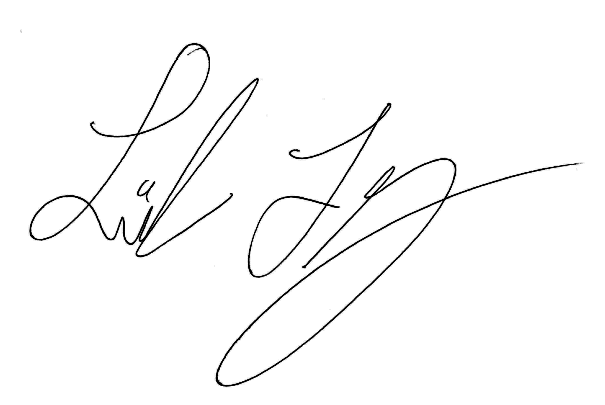Invited by the Regroupement québécois de la danse (RQD), artist Luca “Lazylegz” Patuelli delivers a unifying message for International Dance Day. He pays homage to this art that resides in each of us, from the simplest expression of movement to more complex choreographies. He celebrates its many facets: dance as a universal activity, dance as self-expression, dance as a vehicle for change.
Like his professional and artistic approach, the world-renowned B-boy authentically demonstrates here that dance is accessible to everyone. To amplify the message, this video directed by Kayla Jeanson includes audio description, a practice that the RQD is proud to adopt for the first time. The RQD commits to continuing to develop actions in favor of accessibility in dance, in particular by sharing key resources that allow our sector to be more accommodating and by inviting Luca “Lazylegz” Patuelli to offer training on the subject.
Quebec Message for International Dance Day 2022
By Luca “Lazylegz” Patuelli
Hidden within us, whether we are aware or not, dance is there. Dance can transform us and can have a positive impact in the world. Dance is one of the few activities that truly brings people together no matter the age, race, gender, language, or ability. It is a celebration of humanity at its finest. Through dance we open ourselves up to the world and feel a sense of belonging. Dance gives us limitless possibilities to express ourselves in different ways. It allows us to move even with the simplest of movements to create complexity. The beauty of dance doesn’t solely come from movement, but from the process of creating movement when we allow ourselves to be vulnerable and authentic. Dance gives us the ability to believe in ourselves, and it is in those moments that we discover and expand our true physical, emotional, and spiritual potential. When we dance, we free ourselves from the worries and stresses of the world because we are connected to the present moment. We release tensions we might have and energize our path to growth. Dance is not about perfection, it’s about the way you move to feel free!

Luca “Lazylegz” Patuelli © Jerick Collantes
Luca “Lazylegz” Patuelli
Luca has developed a unique dance style incorporating his crutches and the strength in his arms, that has gotten him worldwide recognition. He was the segment director and lead performer for the 2010 Vancouver Paralympic Opening Ceremonies. Luca is the founder and creator of the ILL-Abilities™ Crew, an international B-boy crew comprised of the world’s best “ILL-Abled” dancers. Luca also co-founded Projet RAD which was Canada’s first inclusive urban dance program offering people of all ages, all abilities the possibility to participate in accessible dance studios. Luca has been recognized as the Canadian Ambassador for Dance and received a Meritorious Service Medal from the Governor General of Canada for his dance outreach programs.

Kayla Jeanson © Craig Ellis Raboteau
Kayla Jeanson
Kayla is a videographer and dance artist who produces interdisciplinary work rooted in a desire to navigate the line between artist and audience, seer and seen. She has worked as a videographer for companies such as Cirque du Soleil, the Royal Winnipeg Ballet, Winnipeg’s Contemporary Dancers, Les 7 doigts de la main, and Le Monastère Cabaret du Cirque. She is pursuing embodied ways to incorporate the camera into live performance works and documentation as well as choreographing performances for stage and screen.
Source
Camille Pilawa
Communication Lead
514 347-9525
cpilawa@quebecdanse.org






